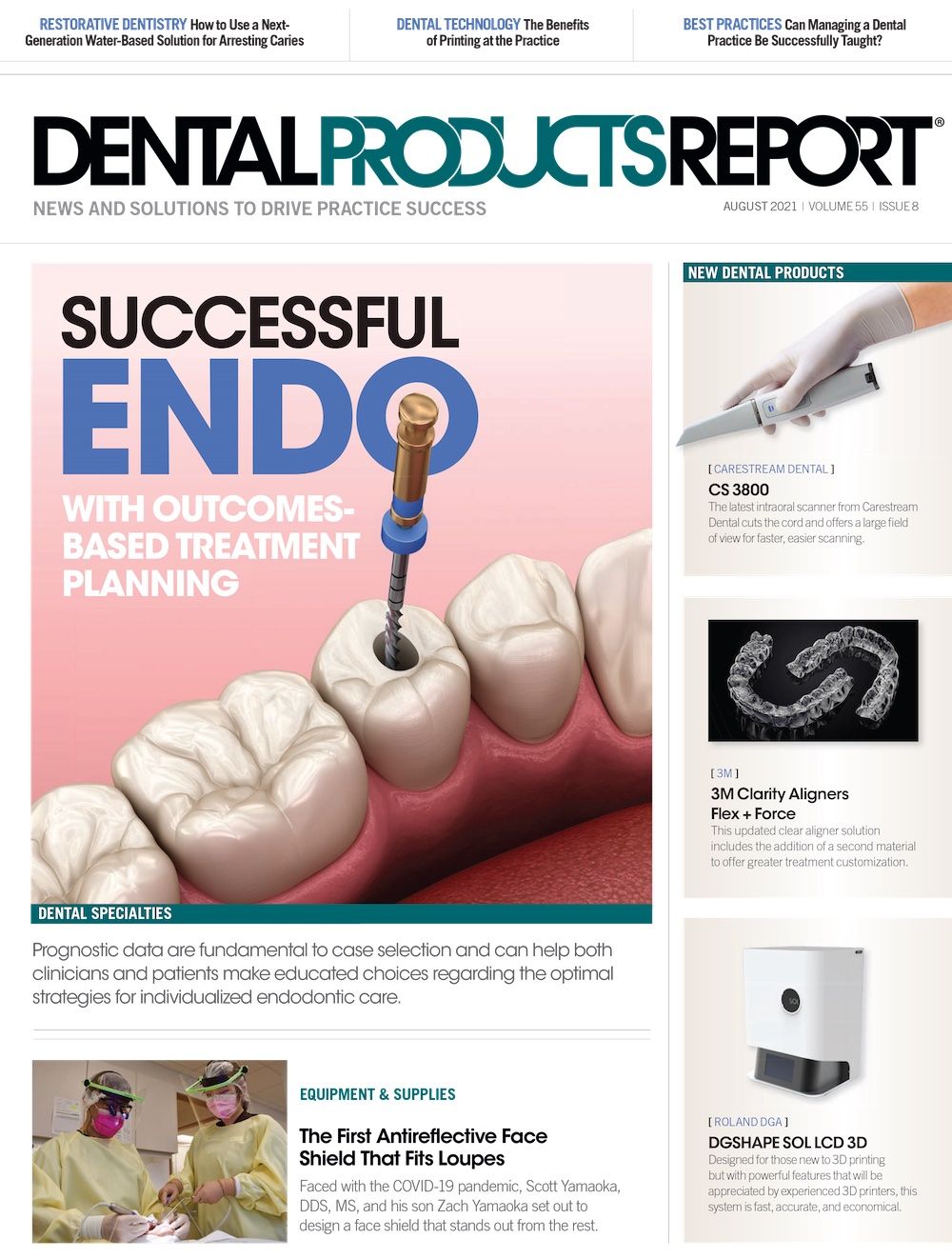Can Managing A Dental Practice Be Successfully Taught?
Managing a practice can be broken down into 2 sections—financial and team management.
©Aliaksandr Barouski / stock.adobe.com

Dentistry is a very rewarding profession and offers a great lifestyle. Dentists are known for owning their own practice, making them small business owners. Nowadays, however, there is a huge shift among young dentists, who are not eager to own their own practice. Understandably, they do not want to own because they do not want to deal with the stress of managing a business. After all, the reality is that business management is a full-time job in itself.
Most of our time in dental school is spent learning repetitive procedures and how to treat patients. We can do challenging clinical procedures such as extractions, second molar endodontics, and beautiful veneers, and the list goes on. We succeed at dentistry because we know exactly what needs to be done in terms of the steps. When we have specific guidelines, the success rate is very high. We graduate knowing how to successfully deliver treatment to our patients. Unfortunately, we are not taught how to run a small business and we learn practice management on the fly. If we are lucky, we start using a coach early in our career to help us navigate the business aspect of the practice, which can even lead to owning multiple practices.
What if managing could be simplified so that it is methodical and systematic? What if I were to tell you that is possible? Managing can be divided into 2 areas: financial and managing teams. If we consider the financial, that requires implementing simple repeatable systems. When evaluating a dental practice, we begin by assessing the practice’s finances. We can only manage what we have assessed. Hence if we do not assess, we will not know what to manage.
Managing teams should be synonymous with managing people. Most dentists have to face this near-universal challenge in their practice. There are multiple reasons for this challenge, but ultimately it boils down to the tremendous variation in people’s behaviors, values, beliefs, and experiences. The differences in these areas in our team members generate misunderstanding, assumptions, and conflict. It is of utmost importance that we learn soft skills to succeed in managing our teams.
Leadership and management are 2 different areas of the practice. To be successful practice leaders, we need to learn how to manage people in a way that is doable. Management requires us to reach into a toolbox the same way dentistry requires us to use a variety of tools. These different tools represent the different strategies that are needed to address a situation. For example, hanging a picture may call for a hammer and nail, but those 2 items are not necessary for every home improvement project.
The nature of our work requires us to come up with quick solutions when something goes wrong. What our strength is in the clinical world can be our downfall in the management world. When there are issues in management, our initial reaction is to immediately solve them. We seldom pause to understand the root of the problem, instead rushing into solutions. We fail to pay attention to the emotions that lead to the problem and focus on the actual task of solving it. There are times when we are unaware that deep emotions can lead to an outburst.
The beauty in all of this is simple: Owning a business is teachable and can be tailored specifically to dental practices. I focus on teaching dentists practice management and how to systemize the financial and team management aspects. With a great deal of training and over 30 years of experience, I have developed and created metaphorical tools you can pull from your toolbox when confronted with any team challenge. Everything becomes easy when we understand it and learn it. There was once a time where we were clueless about dentistry, but after 4 years, we excel at it. Management is the same way: It is easy when it is learned and understood—all you need are the right tools.
Dr Sonia Hariri can be reached at info@dentalvil.com or 520-251-4286.

How Dentists Can Help Patients Navigate Unforeseen Dental Care
December 12th 2024Practices must equip patients with treatment information and discuss potential financing options before unexpected dental treatments become too big of an obstacle and to help them avoid the risk of more costly and invasive procedures in the future.